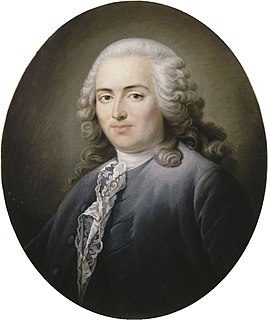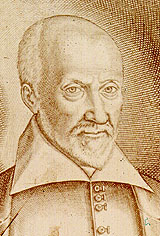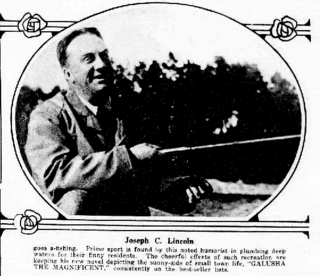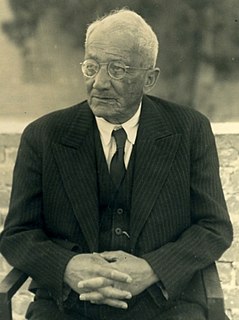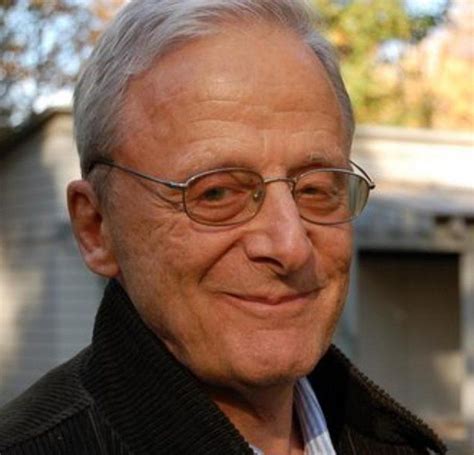A Quote by Ambrose Bierce
CENTAUR, n. One of a race of persons who lived before the division of labor had been carried to such a pitch of differentiation, and who followed the primitive economic maxim, "Every man his own horse."
Related Quotes
The earth has been cultivated before it has been divided; the cultivation itself having been the only motive for a division, and for that law which secures to every one his property. For the first persons who have employed themselves in cultivation, have probably worked as much land as their strength would permit, and, consequently, more than was necessary for their own nourishment.
A Centaur has a man-stomach and a horse-stomach. And of course both want breakfast. So first of all he has porridge and pavenders and kidneys and bacon and omlette and cold ham and toast and marmalade and coffee and beer. And after that he tends to the horse part of himself by grazing for an hour or so and finishing up with a hot mash, some oats, and a bag of sugar. That's why it's such a serious thing to ask a Centaur to stay for the weeekend. A very serious thing indeed.
Private property is a natural fruit of labor, a product of intense activity of man, acquired through his energetic determination to ensure and develop with his own strength his own existence and that of his family, and to create for himself and his own an existence of just freedom, not only economic, but also political, cultural and religious.
He that boasts of his ancestors confesses that he has no virtue of his own. No person ever lived for our honor; nor ought that to be reputed ours, which was long before we had a being; for what advantage can it be to a blind man to know that his parents had good eyes? Does he see one whit the better?
There were times when it appeared to Dorian Gray that the whole of history was merely the record of his own life, not as he had lived it in act and circumstand, but as his imagination had created it for him, as it had been in his brain and in his passions. He felt that he had known them all, those strange terrible figures that had passed across the stage of the world and made sin so marvellous, and evil so full of subtlety. It seemed to him that in some mysterious way their lives had been his own.
The family is an early expedient and in many ways irrational. If the race had developed a special sexless class to be nurses, pedagogues, and slaves, like the workers among ants and bees, then the family would have been unnecessary. Such a division of labor would doubtless have involved evils of its own, but it would have obviated some drags and vexations proper to the family.
Where man had been, in every place he left, garbage remained. Even in his pursuit of the ultimate truth and quest for his God, he produced garbage. By his garbage, which lay stratum upon stratum, he could always - one had only to dig - be known. For more long-lived than man is his refuse. Garbage alone lives after him.
We're living in a Dark Age of macroeconomics. Remember, what defined the Dark Ages wasn’t the fact that they were primitive — the Bronze Age was primitive, too. What made the Dark Ages dark was the fact that so much knowledge had been lost, that so much known to the Greeks and Romans had been forgotten by the barbarian kingdoms that followed.

